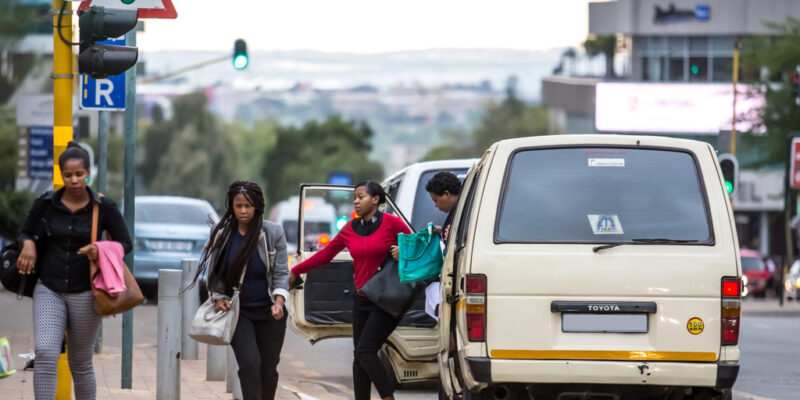The British government is supporting several climate projects in South Africa. London is thus supporting the economic recovery of the African country most affected by the Covid-19 pandemic, while financing sustainable solutions to the tune of 4.16 million dollars.
The 10 projects financed by the British government will provide sustainable solutions in several sectors of the South African economy. The £3 million ($4.16 million) will enable the development of four energy transition projects, implemented by several organisations such as Local Governments for Sustainability (ICLEI), Rebel Group, 3E, Carbon Trust and Green Building Council South Africa (GBCSA).
London is also financing two projects aimed at the adoption of clean and renewable fuels, such as hydrogen, and the implementation of high standards of energy efficiency in buildings, as well as projects aimed at increasing climate finance and sustainable investments in South Africa. These various projects are led by DNA Economics, GreenHouse, Vivid Economics and the local branch of the World-Wide Fund for Nature (WWF). Electric mobility projects have also been selected to receive support from the UK government.
Support for economic recovery
Through this funding, London is supporting a sustainable recovery in South Africa. South Africa, the country most affected by Covid-9 on the African continent, is just beginning to lift the health restrictions that have plagued its economy. “As host of COP26 and a long-standing partner in development, trade and investment, I am delighted that we are launching this series of projects to support green, resilient and inclusive economic growth in South Africa,” said Nigel Casey, the British High Commissioner to South Africa.
The UK government’s funding is being allocated through the International Climate Finance Facility (ICF). This $5.6 billion mechanism was created to support developing countries’ efforts to address the challenges of climate change. In the current global context of post-Covid-19 economic recovery, London is considering increasing the value of the ICF to £11.6 billion (over $16 billion). The aim is to enable sustainable recovery in at least 100 countries, including several in Africa.
Jean Marie Takouleu






